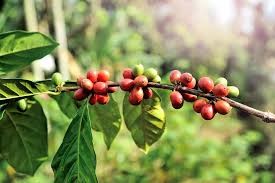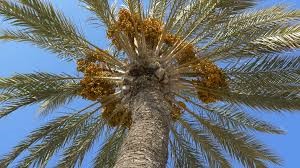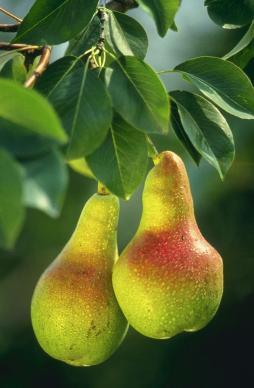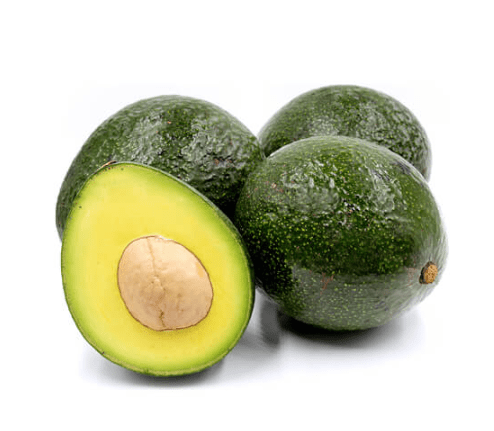Let's Talk About Coffee
For some of us, coffee is man’s best friend – we turn to it first thing in the morning, bleary-eyed and waiting for the warm little sip to start the day.
Even those of us who are blessed with enough sleep and the ability to start the day with a good green shake or warm water with lemon enjoy the aroma of good coffee in the air. Fine coffee is great beside a freshly baked croissant just out of the oven, a code name for a few minutes with ourselves, with company, or even around the finjan and the fire, in the countryside. Here in Israel it seems like coffee is part of the culture, and each have their own coffee – grainy, black, powdered, with almond milk, soy milk or without. But what about organic coffee?
Most organic coffee is produced in South America, in some Asian countries and Africa. Proudly at the top of the list is Peru, followed by Ethiopia, Honduras, Mexico, Brazil, Colombia, El Salvador and Guatemala. In order for coffee to be considered organic, it must comply with standards that define organic produce: it must be grown in earth free of synthetic pesticides for at least 3 years, there must be a minimum distance between the growing area of organic coffee and fields of inorganic produce. In addition, the grower must present a plan for alternating crops in the field, in order to prevent erosion, ie depletion of the soil from elements essential to the crop as a result of erosion.
The producer of the coffee we choose to sell, Mount Hagen, sees importance also in fair trade. Buying a product that goes from farmer to consumer in a fair trade chain does not focus only on the price of the product, which allows the farmer to sustain himself, to be able to support his family, to provide them with food and shelter. Fair trade (marked on the packaging, in the form of a small circular symbol with two colors) means that the producer has a long-term and established relationship with the supplier, who buys from him in a fair trade process: allowing him to sell his produce in international markets, commits to a uniform and fixed price for all the produce, thereby enabling the grower to receive a steady income. The growers also receive help in building vital infrastructures for themselves and the community: schools, medical treatments, promotion and support of women's projects and others.
Crops of organic coffee are often small plots, a kind of "coffee gardens" of 10-30 trees per producer. As small businesses, typically found in Third World countries, farmers often need fair trade organizations in order to survive economically and to continue to grow their produce organically and sustainably. Coffee crops, for example, are susceptible to too much exposure to the sun, and therefore in their organic form of growth – they are grown under another tree, which shades them. The protective tree is chosen according to bio-organic considerations: It bears fruit (for example banana plantations), or is selected as a crop that enriches the soil. The method of using shading trees helps protect large areas of natural crops from clearance and extinction, and is used only by organic growers (since growers who grow inorganic produce use more extensive areas, using synthetic pesticides and fertilizers and shade nets).
Enjoy your coffee!
Yours,
The garden team
We can expect to receive in our Organic Vegetable Baskets (draft only):
Cucumbers
Tomatoes
Lettuce
Potatoes
Parsley
Carrots
Onions
Leak
Fennel
In the LARGE Vegetable Baskets also:
Sweet potatoes
Swiss chard
Beets
In the Organic Fruit Baskets:
Bananas
Oranges
Sweetie
In the LARGE Fruit Baskets also:
Red grapefruit
Clementine












